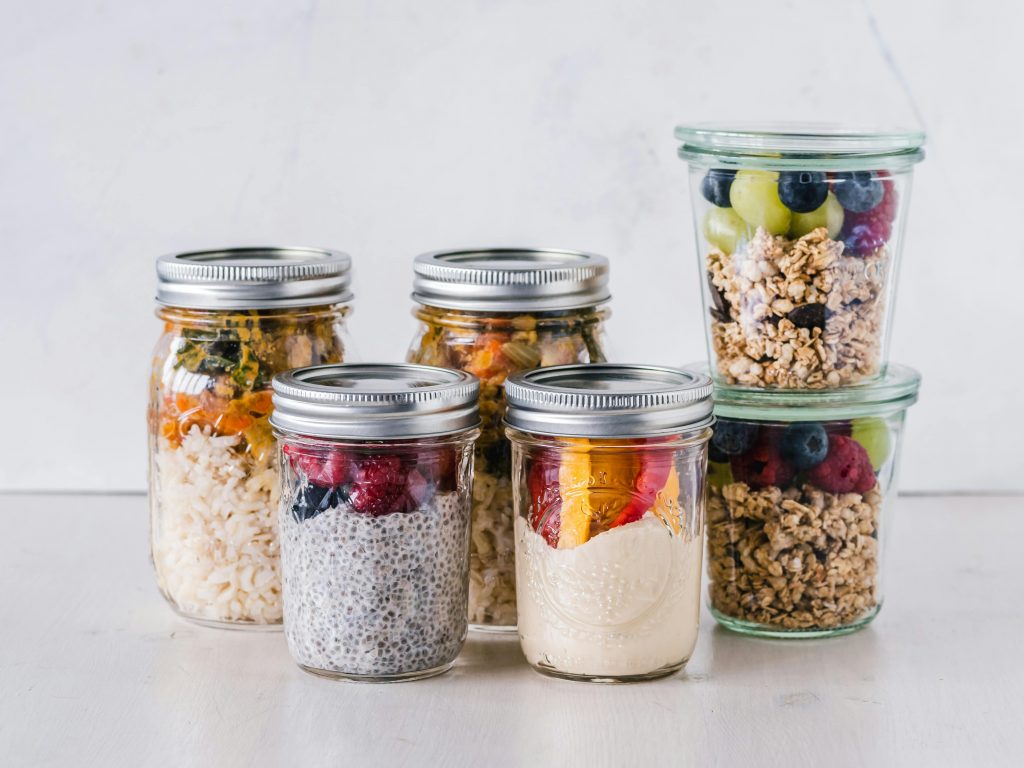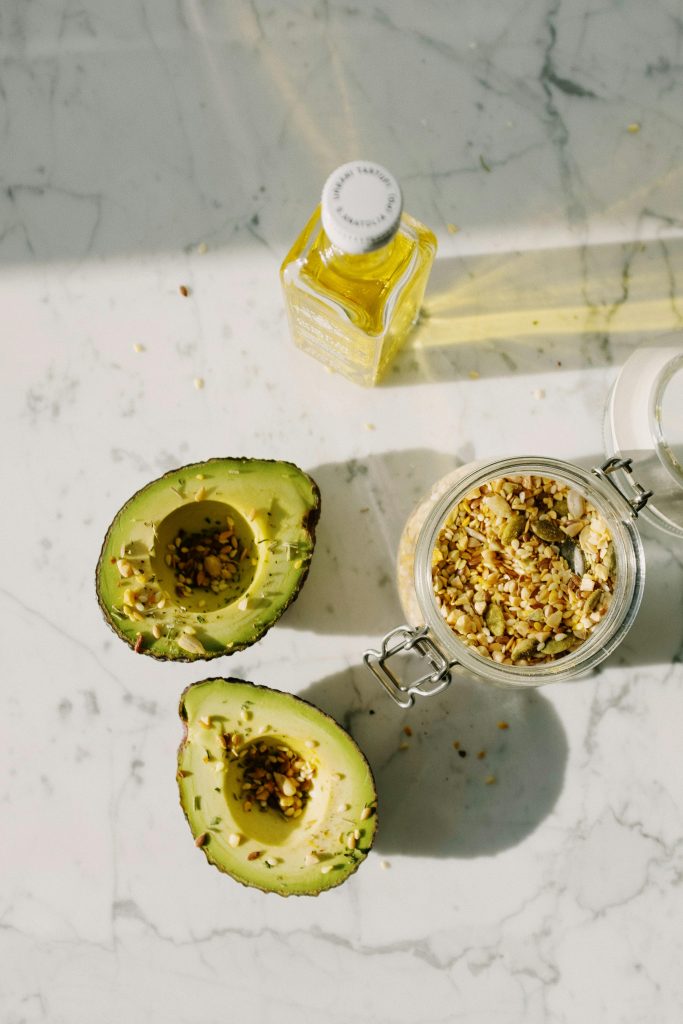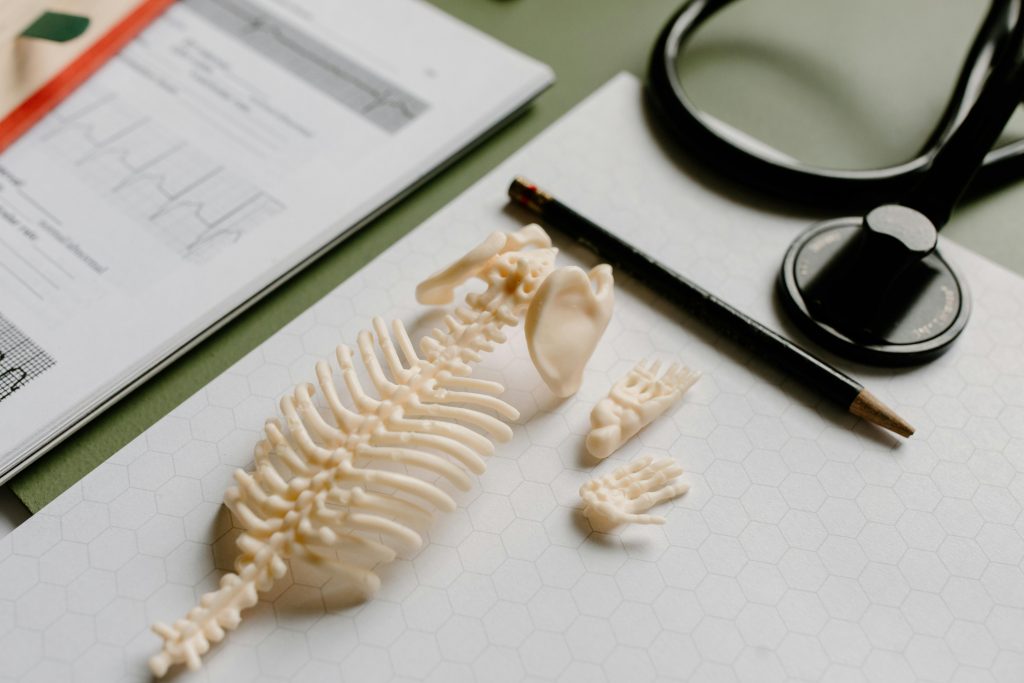Fuel Your Hustle: The Essential Guide to Balanced Nutrition

My loves, in a world where health trends are constantly shifting, it can feel overwhelming trying to figure out what to eat to stay healthy. Whether you’re grinding from your home office or catching up on dreams from the sofa, your body still needs the right fuel to keep you slaying those goals. Working within a school, I have to start my mornings
The truth is, healthy eating doesn’t have to be complicated. There are 6 essential nutrients your body needs to thrive – protein, carbohydrates, fats, vitamins, minerals, and water. Let’s break it down and simplify your journey to better nutrition.
Macronutrients – The Big Three

Macronutrients provide the bulk of your energy and are essential for your body to function.
1. Protein – The Building Block

Protein is vital for repairing and building your body’s tissues, supporting muscle growth, and boosting metabolism. Animal-based proteins contain all the essential amino acids your body needs, but plant-based options can also provide powerful benefits.
Top Protein Sources:
- Lean red meat
- Skinless chicken and turkey
- Fish
- Eggs
- Beans
- Dairy products
2. Carbohydrates – The Energy Booster

Carbs are your body’s primary energy source. Instead of cutting them out, choose whole, unrefined options over refined carbs.
Best Carbohydrate Sources:
- Vegetables
- Fruits
- Whole grains
3. Healthy Fats – The Protector

Fats aren’t the enemy – they’re essential for long-term energy, protecting organs, and supporting cell function. The key is choosing healthy fats over saturated and trans fats.
Healthy Fat Sources:
- Olive oil
- Avocados
- Oily fish like salmon and tuna
- Nuts (preferably unsalted and in moderation)
How Much Do You Need?
- Fruits & Vegetables: 5+ portions daily (e.g., 1 banana or 1 apple = 1 portion)
- Carbohydrates: 3-4 portions daily
- Protein: 60-90g of lean meat (about the size of your fist)
- Fish: At least 2 portions per week, with one being oily fish
- Nuts: Small handfuls in moderation
Micronutrients – The Unsung Heroes

Micronutrients might be needed in smaller amounts, but they play a huge role in keeping your body functioning.
4. Vitamins – The Helpers
Vitamins help your body use other nutrients, create hormones, and protect against diseases. A balanced diet packed with fruits, vegetables, whole grains, and lean proteins will typically provide what you need.
5. Minerals – The Protectors

Minerals support everything from your nervous system to bone health. Deficiencies can lead to symptoms like hair loss or slow healing – but these can often be corrected with a diet rich in whole foods.
If you’re struggling to get enough vitamins and minerals through food alone, supplements can help. Always follow dosage guidelines and speak to your GP if you’re on a restricted diet.
6. Water – The Lifeline

Water is often overlooked, but it’s essential for every bodily function. Dehydration can lead to fatigue, headaches, and poor concentration.
Daily Target: 1.5-2 litres (around 8 glasses)
Hydration Tips:
- Keep a glass of water by your bed to drink first thing in the morning
- Infuse your water with fresh mint, lemon, or cucumber for extra flavour
- Snack on water-rich foods like cucumbers, celery, and strawberries
Final Thoughts
Healthy eating doesn’t have to be complicated. By focusing on these six essential nutrients and incorporating a variety of whole foods into your diet, you’ll fuel your body and healthy lifestyle aspirations alive.
As always, if you have medical conditions or specific concerns, consult with your GP or a dietitian to tailor your diet to your unique needs.
Follow me on INSTAGRAM
- TAGS ― balanced nutrition, black bloggers, Carbohydrates, Energy Booster, Essential Guide to Balanced Nutrition, Fashion Blogger, fitness and wellbeing, Fuel Your Hustle, Healthy Fats, Lifestyle, Lifestyle Blogger, lifestyle writer, Macronutrients, Minerals, Nutrition, Protein, Proteins, Sasha Shantel, SashaShantel.com, UK blogger, vitamins, water, wellness writer, wellness writing

8 Easy Ways to Boost Your Metabolism and Burn Fat Faster
Your metabolism is the process by which your body breaks down food and converts it into energy. While we all know that exercise is the ultimate metabolism booster, there are

When Comfort Breeds Complacency, Life Will Push You Forward
I’ve come to a stark realisation—I was never made to work for other people. I’ve tried, time and time again, to make it work. But the last few days have

Reflections on Setbacks, Resilience and Finding Inspiration as I Approach 40
I had big dreams of diving into 2025 with a renewed sense of purpose and a sharper focus on blogging. But, as always, life has its way of throwing curveballs.







